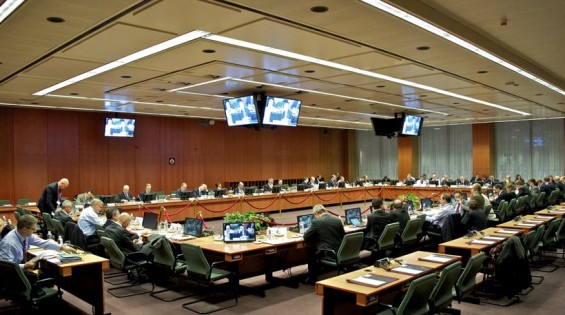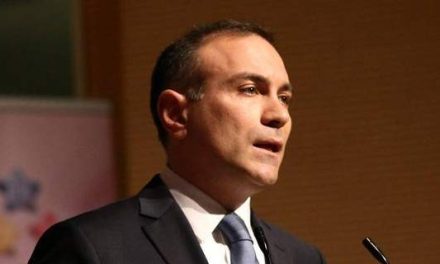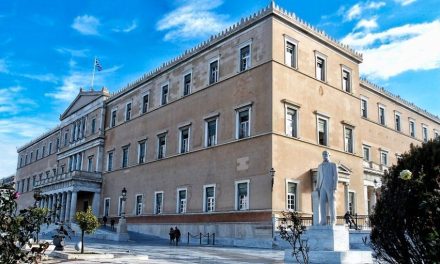Greece and eurozone creditors made significant progress on Monday (9.5), coming very close to the successful completion of the first review of Greece’s economic programme, clearing the way for the disbursement of much needed funds for the Greek economy, and with the possible inclusion of debt relief measures in three stages.
In yesterday’s Eurogroup meeting in Brussels, Eurozone finance ministers welcomed the latest package of pension reform and tax measures adopted by Greece and agreed with the government for legislation towards a contingency mechanism in case the country cannot hit its targets, whilst for the first time they actually discussed how to reduce Greece’s debt burden.
In its statement, the Eurogroup recognized “the completion of a policy package, which should pave the way for a successful completion of the first review of Greece’s ESM programme, upon the adoption of the agreed prior actions”. The list of such prior actions for the first review include: a first package of fiscal parametric measures amounting up to 3% of GDP by 2018 (already adopted in the Greek parliament); the legislation of an additional contingency mechanism, in case Greece cannot hit its annual primary surplus targets in the programme (3.5% in the medium-term); opening up the market for the sale and servicing of performing and non-performing loans, with the temporary exclusion of small loans secured by primary residences; the adoption of the law establishing the agreed Greek Privatisation and Investment Fund, etc. The eurogroup also announced a three-step approach in taking measures that will make Greek debt sustainable after the deal closes on the first programme review: the short-term measures will include improving debt servicing, the medium-term will include specific decisions which will be implemented at the end of the programme’s implemention in 2018, and the long-term measures which will concern the following decades.

“It was a very good Eurogroup for Greece and I think a very good Eurogroup for Europe”, Greece’s finance minister Euclid Tsakalotos said after the meeting, reiterating that there was an agreement on fiscal measures and structural reforms, and as soon as legislation concludes on the necessary prior actions agreed with the country’s creditors there will be a disbursement of the next loan tranche from the European Stability Mechanism (ESM). Tsakalotos added that the finance ministers agreed on Greece’s proposal for the creation of a contingency mechanism which will be activated only if the government does not achieve its budget targets, and reassured that all pending issues of the deal are expected to have closed by the next regular Eurogroup on May 24.

The government hailed the results as a step in the right direction. Prime Minister Alexis Tsipras briefed President Prokopis Pavlopoulos and opposition party leaders about the positive results of the talks held in Brussels, expressing his satisfaction that the first review is closing without additional measures, while Greece was presented for the first time with a road map towards debt relief, which constitutes a “necessary act of solidarity from Europe”. Government sources noted that a road map for debt relief, a key Greek demand, was raised for the first time and that finance ministers of the Eurogroup accepted the government’s proposal to set up an automatic fiscal mechanism if the country fails to meet its budgetary targets until 2018 – instead of legislating contingent measures as demanded by the European Commission and the International Monetary Fund.
TAGS: ECONOMY & DEVELOPMENT | EU POLITICS | FOREIGN AFFAIRS | GOVERNMENT & POLITICS













